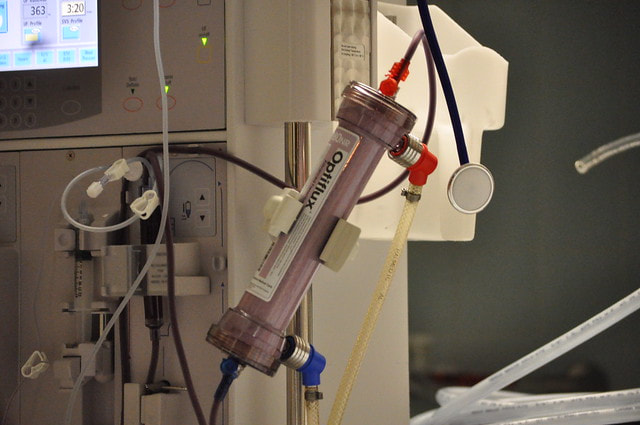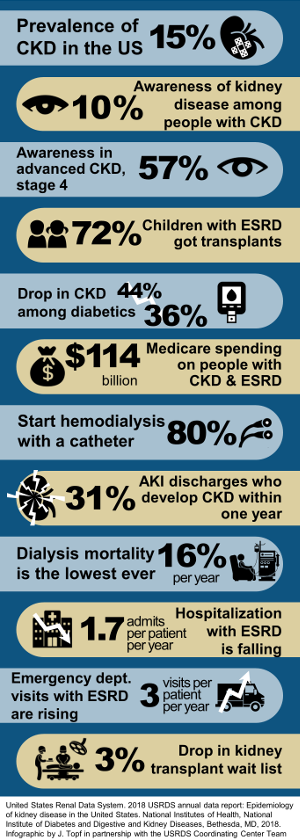- Home
- Newsletters
- Services
-
Inspirational Features
- The Marcus Family: Equipped with Life Skills Founded in Faith
- A Match Made in Heaven: Revealing the Romantic Heart of God
- The Speirs: A Testimony of God's Redemptive Love
- The Cunanans: Frontliners in the Headlines
- St. Aloysius Gonzaga: The Frontliner of 1590
- From desire to design to destiny: an author’s journey
- Featured Author
- The Power of a Husband-Wife Teamwork
- How Blessings Often Come in Disguised Packages
- Kristin at the Irving Farmer's Market
- St. Patrick's Sunday Refugee Ourreach
- Culinary Medicine
-
Guests Posts
- Transform Your Business Processes for Optimal Performance
- Become a Freelance Writer: 8 Tips for Students and Recent Graduates
- Budget-Friendly Modifications for Your Home Office
- Six Steps to Starting a Startup Successfully
- How to Find Time for Self-Care
- Branding Know-How for the Enterpreneur
- How to conquer web-based projects and uplevel your business
- 5 Proven Ways of Acquiring More Referrals for Your Small Business
- Mental Health
- Making a Comeback
- BLOGS
- Support the Inspired Team
- Fundraisers
|
"How could this be? Renal failure? I wish I had known sooner. I could have prevented it. My doctor didn't tell me until it was too late." Nina, a 40-year-old businesswoman looked at me with tears in her eyes. "I didn't understand it...the protein in the urine...because of my hypertension. Why didn't I get tested for this before? Now, I have to do this forever?" She pointed at the dialysis machine beside her, regarding it as a foe rather than a friend. For Robin, a 28-year-old single mother, her dream of finishing college was swept away from the staggering news of renal failure. "I had no idea that my kidneys were getting damaged." She has juvenile diabetes mellitus and didn't have an inkling that renal failure is one of its potential consequences. "I felt bloated. I thought I just gained weight. And then my swollen legs... then the shortness of breath. My doctor told me that I had fluid in my lungs and needed to undergo dialysis immediately. Then they put this on my neck." She pointed at the central venous catheter for dialysis access jutting out in an awkward position below her right jaw. "I don't like my friends to see me like this. And my 3-year-old daughter... she'd be scared." Her voice cracked as she struggled to control her emotion. I've worked for two years as a dialysis nurse and it wasn't uncommon for me to hear patients lament that had they known they were at risk for end-stage renal disease (ESRD), requiring dialysis or kidney transplantation, they would have taken better care of themselves. Diabetes and hypertension still remain as the major causes of ESRD. According to the 2018 Annual U.S. Renal Data System, diabetes ranks first as the primary cause of ESRD for 44% of new patients and 29% had a primary diagnosis of hypertension. For most of these patients, renal failure never entered their consciousness until it slapped them in the face. And most had to deal with hemodialysis, which required a lifestyle overhaul. Dialysis sessions run three to four times a week, lasting three to four hours each visit. The demands on the family resources and the many food and fluid restrictions for the patients make adhering to this new lifestyle a major challenge. The first year of hemodialysis treatment can prove to be a nightmare. Infection of vascular catheter access, blood toxicity, and heart and lung congestion bring the patients back to the hospital time and again. Unknown to most hypertensive and diabetic patients, chronic kidney disease starts to threaten their kidneys from the moment of diagnosis. But the disease progression from CKD to ESRD may take months or years to happen depending on how they control their blood sugar or blood pressure. So, don't get caught off guard like Robin and Nina. You can detect subtle signs and symptoms of worsening CKD and impending ESRD with regular screening and follow-up. How do you monitor your kidney's health? There are the markers that will reveal kidney function:
The plan of management for early stages of CKD focuses on slowing down the disease progression. How?
Your BP goal: If you are 60 years or older: Keep your BP < 150/90 If you are younger (at least 18 years old) or 60 years or older but have diabetes or chronic kidney disease: Keep your BP < 140/90 Your Blood Sugar Goal: Daily blood sugar monitoring tracks the adequacy of your medication and food intake. A blood test called HbA1C can detect poor blood sugar control for the past three months. The desirable level is <7% or an eAG of <154 mg/dL. Get tested every 3-6 months. To meet that goal, your daily blood sugar should be well monitored and controlled. Here are typical targets, which may vary according individual medical needs:
If CKD progresses into kidney failure, you will need a permanent vascular access such as a graft or fistula (typically on your arm). These are less prone to infection. In more than 15 years, the rate of infectious and cardiovascular events in the first year was high because majority of the newly diagnoses patients with ESRD come in without prior detection of CKD. This indicates the need for better monitoring of renal function among diabetics and hypertensives with emphasis on prevention. In general, the following are recommended to delay if not prevent end-stage renal disease:
Don't feel helpless when it comes to your health. There are many resources available to you. These are just a few of them:
Find one that resonates best with you and stick to a lifestyle change program. With greater awareness, you will be able to participate in your health care and prevention of disease complications. You will become more prepared should chronic kidney disease set in and give you more options other than hemodialysis to maintain a favorable lifestyle.
0 Comments
Leave a Reply. |
Archives
April 2021
CategoriesThe above information are from the CDC and posted for educational purposes only, and are not necessarily supported in whole by this site. As with any education material, use discretion and diligence in adopting the practices to your personal condition and lifestyle.
|



 RSS Feed
RSS Feed